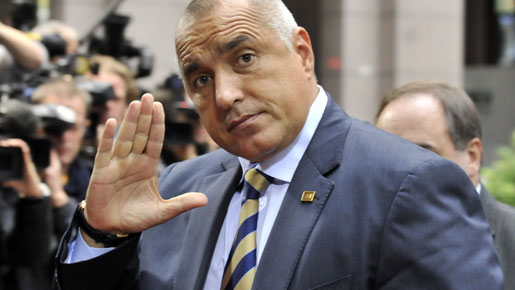
Bulgaria plans to introduce a tax on the rich and put a limit on public salaries as it battles a deepening recession and tries to keep down its fiscal deficit, Prime Minister Boiko Borisov has announced.
The centre-right government focused its austerity measures on the wealthy, after its ideas to raise the healthcare tax drew resistance from business and plans to cut benefits to civil servants sparked protests.
“We are touching the big salaries, the big property so that in times of crisis we can take the burden in solidarity,” Borisov told reporters after an extraordinary cabinet meeting.
An economic contraction of 5.1 percent last year, tight budget and policy blunders have slashed the government’s popularity rating and prompted protests, opinion polls showed.
Eager to ease social tension, Borisov said the cabinet will impose a tax on yachts, private jets, luxury cars and large homes as well as on deposits worth over 100,000 levs ($69,640).
It also plans to limit monthly salaries in the public sector to the level of the prime minister’s, at about 3,200 levs.
Borisov did not specify how much revenue will be raised by the new tax or how much will be saved by the salary threshold.
Borisov backed off from the idea of making some 150,000 civil servants pay pension and healthcare contributions for the first time from April, thus cutting their pay by 12 percent, after more than 1,500 tax officials, police and army officers protested.
“All these measures will allow us not to touch social contributions until the end of 2011, when we expect to get out of the crisis,” he said.
“When we can raise police and army salaries, then we can make everyone pay their contributions,” he said.
The new measures have received the initial nod from trade unions and the union of employers and a final package of more than 50 steps to fight the crisis is expected to be agreed soon.
Other steps will include floating of minority stakes in state-owned companies and a possible bond issue to help businesses take credits at better conditions.
The cabinet wants to keep its budget deficit below two percent of GDP this year, among the lowest in the EU, at the expense of spending cuts.
Its measures to crack down on smuggling have failed to bear fruit so far and revenues continue to fall.

